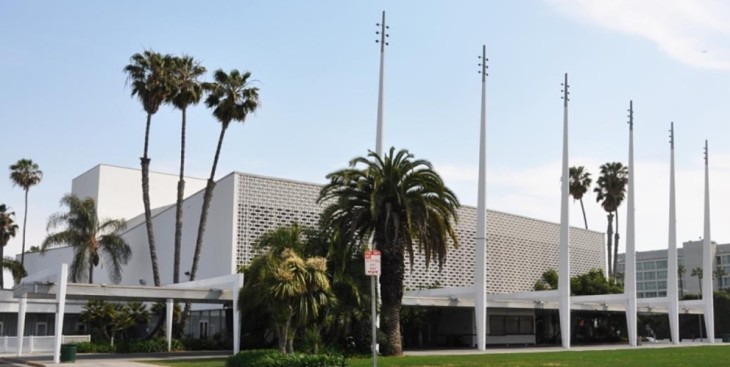No doubt the California Republican Party is down, but anyone who counts it out of big statewide races is a fool who disregards the ego-satisfying appeal prominent public office can hold for the very rich and very famous.
Arnold Schwarzenegger is Example A of a fabulously wealthy celebrity who seized an opportunity to run for high office – governor – and then had more fun while holding the office than he appears to have had as a muscleman movie star before or since.
This is relevant today not because there appear to be few or no immediate high-visibility opportunities today for celebrities or business people with big bucks. California offers no U.S. Senate races this year and Gov. Jerry Brown looks pretty secure as he piles up campaign cash while delaying any direct mention of reelection.
But one remark last month by U.S. Sen. Dianne Feinstein suggests there may be plenty of chances ahead. Explaining her vote to end the U.S. Senate’s tradition of allowing minority parties to use filibusters to stymie presidential appointments, she said she did it because she wants “the remainder of my five-plus years to get something done.” As of now, she has just four-plus years left in her latest term.
The reality is that Feinstein will turn 80 on June 22 and would be 84 in June of 2018, the next year she might run for reelection, 85 just six months into what would be her fifth full six-year term, plus. (First elected in 1992 to fill out the unexpired term of then-Gov. Pete Wilson, a Republican, she then had to run again in 1994 for a full term). That’s not terribly ancient for the Senate, but it would make her the oldest top-of-ticket candidate in California history.
Did her remark mean she thinks about leaving office when her current term expires, even if she remains in good health? There is, of course, nothing political wonks love more than finding meaning in officials’ words, even where there may be little.
Longtime Feinstein campaign manager Bill Carrick says his friend and client was talking only about her current term. “She hasn’t made any decisions about 2018 yet,” Carrick said. “So I wouldn’t read too much into a casual remark.”
He noted that even now, four years before her campaign could begin in earnest, Feinstein has more than $1 million in her political kitty, while still pursuing a lawsuit against a bank she contends allowed a former campaign treasurer to embezzle another $4 million or so from her in 2012. The theft didn’t matter much: Feinstein won handily that year over a virtual unknown, taking more than 7.75 million votes, the most ever for any senator.
Still…her remark might stir the cadre of ambitious Democratic politicians now waiting patiently for a big chance while holding lesser statewide offices – people like Lt. Gov. Gavin Newsom, Attorney General Kamala Harris and Insurance Commissioner Dave Jones. For there’s the possibility of a plum job appearing on the horizon.
There’s also the Senate seat of Democrat Barbara Boxer, 73. The former Marin County supervisor and congresswoman spurred talk of impending retirement when she moved to Rancho Mirage in Riverside County’s Coachella Valley even before she sought reelection in 2010.
Unlike Feinstein, who has had a series of weak opponents, Boxer is perpetually deemed among the Senate’s more vulnerable Democrats and has drawn significant opponents like Bill Jones, then the California Secretary of State, and the partially self-funded former Hewlett-Packard CEO Carly Fiorina.
Since first winning her Senate seat in 1992, Boxer has used long series of coffee parties in individual homes as a key part of her campaigns, which have usually seemed far more arduous than Feinstein’s. Boxer will be 75 if she runs two years from now, and should she choose to bow out, that’s a possible big opening for the wealthy and ambitious.
But Boxer in 2010 foiled those who thought she might step down and has been more visible than ever in her current term.
All of which means there may be two big political openings forming on the California horizon – or there may not. We’ll all have to stay tuned as two redoubtable women decide how long they want to continue fighting for women’s rights, abortion rights and on other key issues they’ve made their own.


























